10 Areas Manufacturers Might See an Impact from AI
Fabricating & Metal Work
APRIL 22, 2024
AI’s ability to learn from data in the ERP system and outside sources enables decision-makers to formulate deeper and more accurate predictions regarding customers, buying habits, inventory levels, markets, material purchasing and more. Supply Chain Management Supply chain disruptions can cause serious problems.

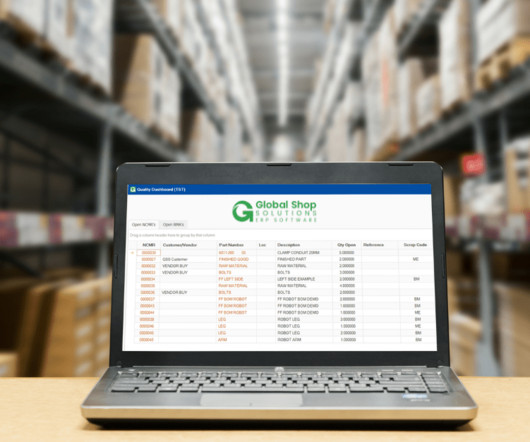
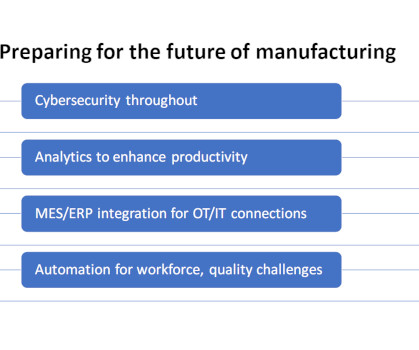
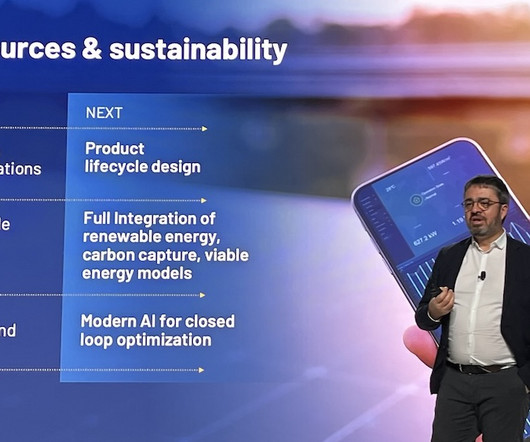
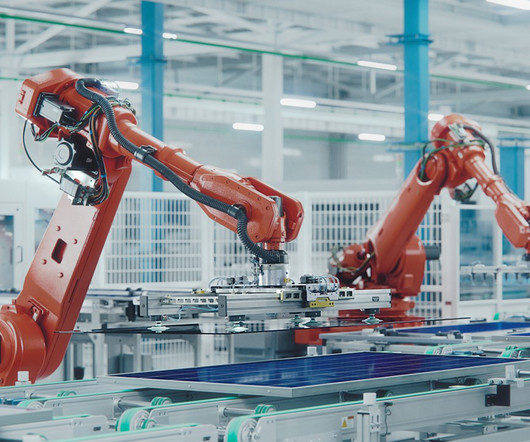

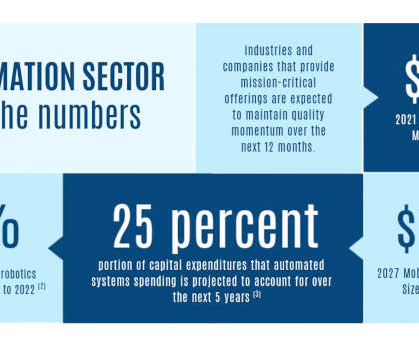
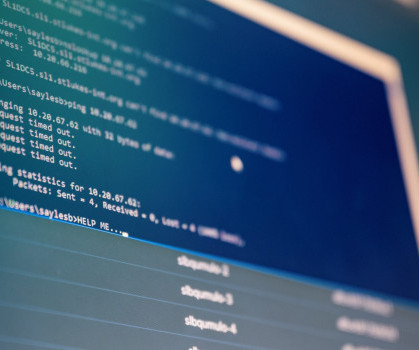


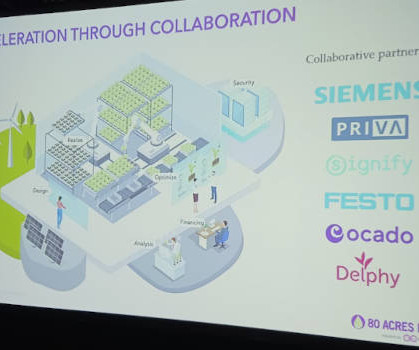






Let's personalize your content